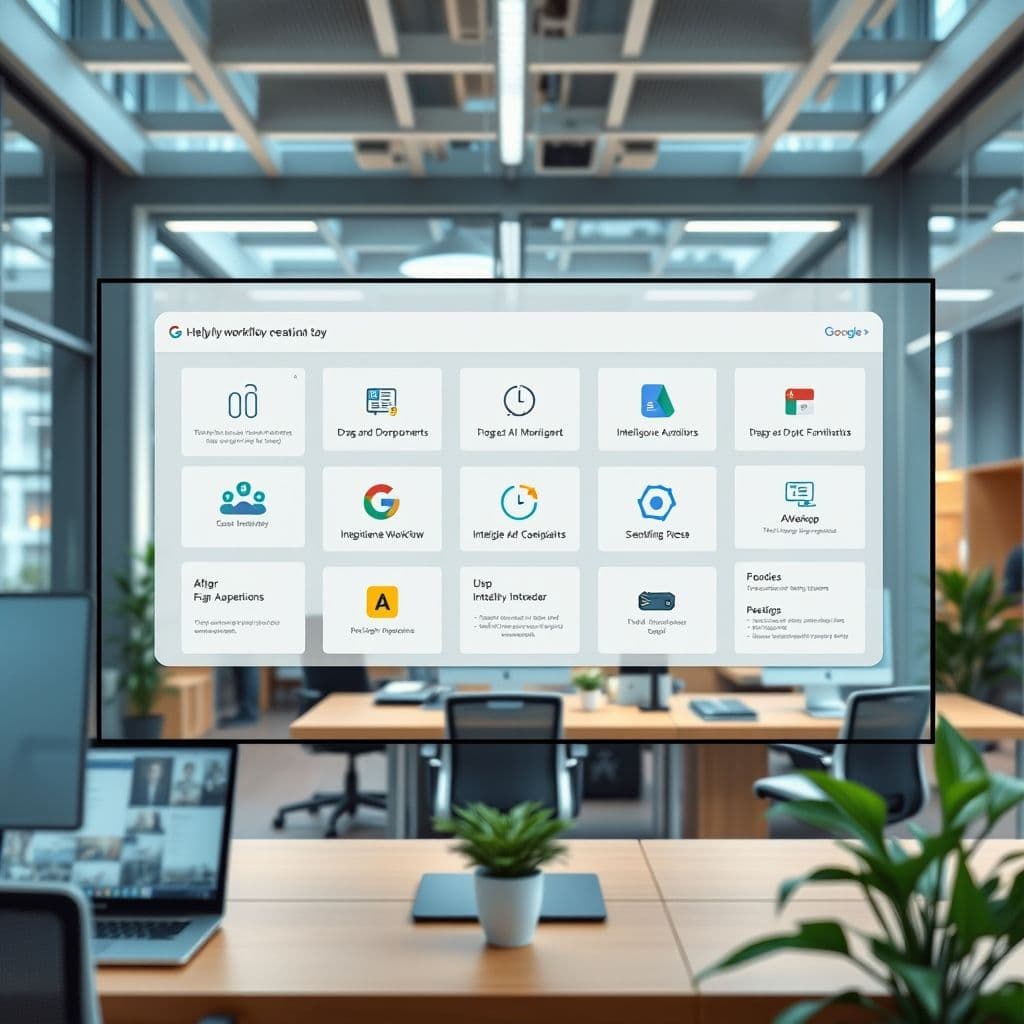The Future of Workflow Automation: A Customizable SaaS Solution for Every Industry

In today's fast-paced digital world, businesses and individuals are constantly seeking ways to streamline their workflows. From content creation to HR processes, the demand for efficient automation tools is higher than ever. But what if there was a single, customizable SaaS platform that could cater to all these needs? Let's explore a hypothetical solution that could revolutionize how we approach workflow automation.
The Problem: Fragmented Automation Solutions
Currently, many professionals struggle with finding effective automation solutions that cater to their specific industry needs. While there are numerous tools available for digital content creators, other sectors like HR and documentation often lack tailored solutions. This fragmentation forces users to juggle multiple platforms, leading to inefficiencies and increased costs. Moreover, the lack of educational resources makes it challenging for non-technical users to leverage these tools effectively.

The SaaS Idea: A Unified, Customizable Platform
Imagine a SaaS platform that offers customizable workflow automation tools specifically designed for various industries. This hypothetical solution would provide pre-built templates for common tasks in fields like HR, content creation, and documentation, while also allowing users to create their own workflows from scratch. The platform would integrate AI to learn from user behavior and suggest optimizations, making automation accessible even to those without technical expertise.
Key features could include drag-and-drop workflow builders, AI-powered content generation tools, automated document processing, and seamless integration with popular business applications. The platform would also offer comprehensive educational resources, including tutorials, case studies, and community forums, to help users maximize the value of automation in their specific context.

Potential Use Cases Across Industries
For content creators, this platform could automate research, content generation, and distribution across multiple channels. HR departments could streamline employee onboarding, document processing, and performance reviews. Legal professionals might use it for contract analysis and document automation. The possibilities are endless, with each industry benefiting from tailored automation solutions that address their unique challenges.
Conclusion
While this unified workflow automation platform is currently just an idea, it represents the future of how businesses might operate. By combining customizable tools with AI-powered assistance and educational resources, such a solution could democratize automation across industries. As technology continues to evolve, the gap between specialized and general-purpose automation tools may soon disappear, ushering in a new era of efficiency and productivity.
Frequently Asked Questions
- How difficult would it be to develop such a comprehensive automation platform?
- While challenging, the development would be feasible with a modular architecture. The platform could start with core automation capabilities and gradually add industry-specific modules based on user demand and feedback.
- Would this platform replace human workers?
- No, the goal would be to augment human capabilities by automating repetitive tasks, allowing professionals to focus on higher-value work that requires human judgment and creativity.
- How would this differ from existing automation tools like Make or Zapier?
- The key differentiator would be industry-specific customization and built-in educational resources. While current tools are general-purpose, this platform would offer tailored solutions and guidance for specific professional needs.


